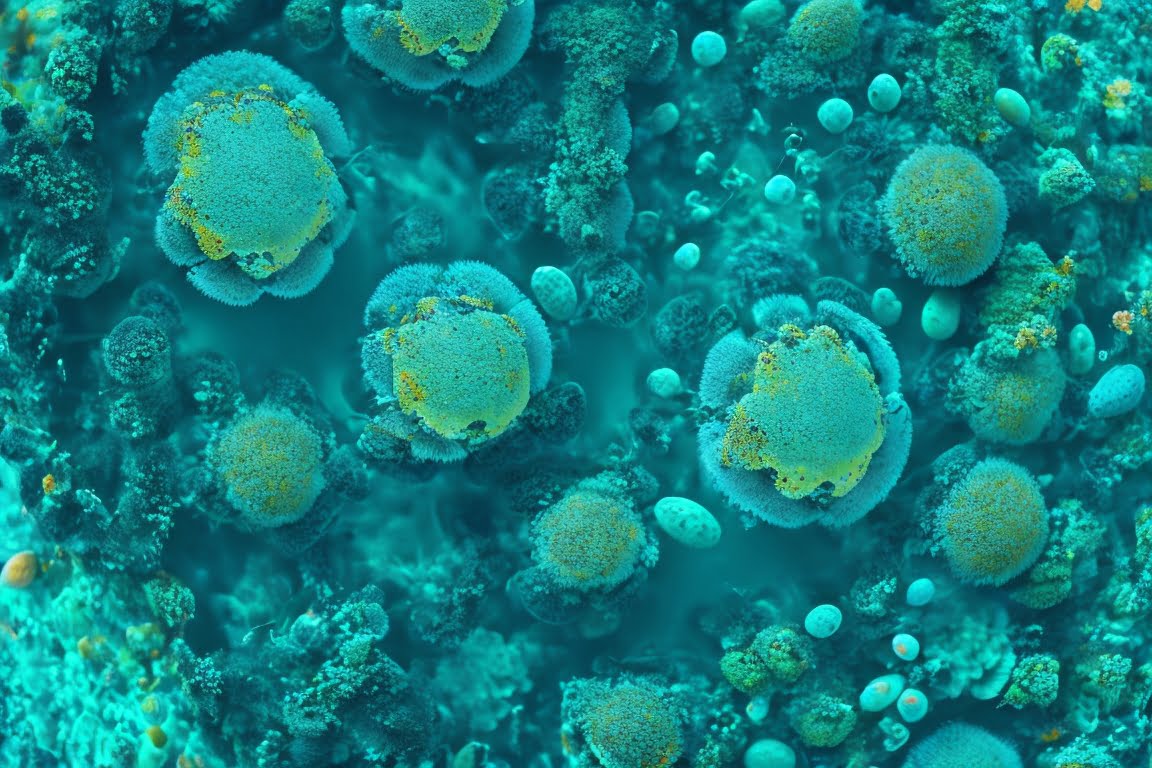Importance of Gut Health: Tips for a Healthy Microbiome
Key ideas:
The gut microbiome and its impact
- The gut microbiome is made up of trillions of microorganisms that play a crucial role in our overall health and well-being.
- Poor gut health can lead to a variety of health problems, including digestive issues, weakened immune system, and mental health issues.
Tips for improving gut health
- A healthy diet, regular exercise, and stress management can all help improve gut health.
- Probiotics and prebiotics can also be beneficial for maintaining a healthy microbiome.
Our gut and overall health
The gut plays a crucial role in our overall health and well-being. The gut microbiome, which refers to the trillions of microorganisms that live in our digestive tract, has been linked to a wide range of health outcomes, from digestion to mood. In this post, we’ll explore the importance of gut health and share tips for keeping your gut microbiome healthy.
The importance of gut health
Research has shown that gut health is essential for maintaining overall health. Issues with the gut microbiome have been linked to a variety of health problems, including digestive issues (such as irritable bowel syndrome), weakened immune systems, and even mental health issues (such as anxiety and depression).
Keeping your gut healthy
There are several steps you can take to improve and maintain gut health. One key factor is diet – a diet rich in fiber and whole foods (such as fruits, vegetables, and whole grains) can promote a healthy microbiome. Processed and high-fat foods, on the other hand, can disrupt the balance in your gut. Cutting down on sugar and artificial sweeteners may also help promote gut health.
Another important factor is exercise – regular physical activity has been linked to a healthy microbiome. Managing stress levels is also crucial – high stress levels can negatively impact gut health and lead to imbalances in the microbiome.
Probiotics and prebiotics
Probiotics and prebiotics are another way to promote a healthy microbiome. Probiotics are live microorganisms that can be found in fermented foods such as yogurt, kefir, and kimchi. They can help introduce beneficial bacteria to your gut. Prebiotics, on the other hand, are types of fiber that feed the healthy bacteria already present in your gut. Foods such as bananas, onions, and garlic are good sources of prebiotics.
Hot take
Overall, maintaining a healthy gut microbiome is crucial for optimal health and well-being. By following a healthy diet, regular exercise routine, and incorporating probiotics and prebiotics into your routine, you can help ensure that your gut is functioning at its best. By paying attention to your gut health, you can reap the benefits of a healthy microbiome and potentially lower your risk of a variety of health problems.
Sources and references
- Harvard Health Publishing, “The gut-brain connection”
- Journal of Gastroenterology and Hepatology, “Gut microbiota and mental health: implications for anxiety- and trauma-related disorders”
- National Institutes of Health, “Probiotics: In Depth”





